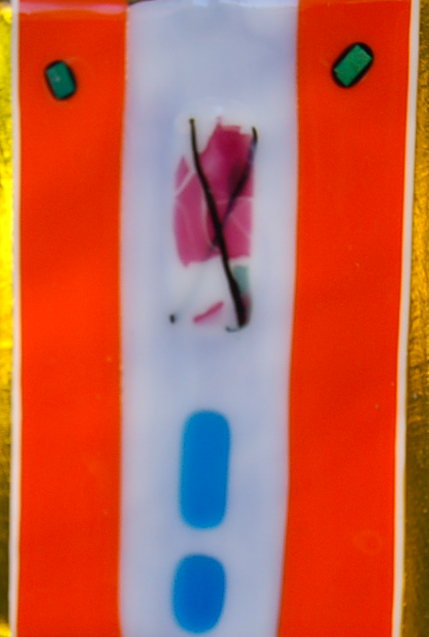Gevurah embodies contraction and discernment. It is a container. It is about strength, about restraint, discrimination, and choice. About boundaries. About understanding the importance of a difference between self and other. Gevurah is conservative. It’s about choosing, in the sense of rights and wrongs, yeses and no’s, do’s and don’ts.
It’s a lot more about absolutes than relativism, though in its higher sense that’s not a bad thing. Being able to choose and decide is a valuable and necessary trait. It’s only when you always choose yourself first, selfishly, that you are on the “bad inclination” (yetzer hara) side of gevurah.
Gevurah tends towards stasis rather than growth. It’s about keeping things the same and safe rather than risking change and choosing the unknown, which might lead to things becoming unpredictable or uncontrollable.
It’s about giving yourself what you need, but not more than you need. About giving yourself what is good for you, but not what is excessive. About making choices and judgments. Not in the way talk about judgments as in judgmental with the connotation bad. Rather in having a metric. A way of saying this much is the right amount. Sufficient. Nurturing. Beneficial. Giving and getting what’s good. Not locking the gates so tight that nothing and no one can get in but keeping good boundaries about too much of you leaking out.
There’s a clarity and precision of your emotions that allows you to see with a detachment that is independent of your instinctive desire to just love and to want to be loved.
There’s some mother bear in gevurah. The protectress. The one who keeps things safe by creating proper boundaries. Understands there should be a line between what comes in and what stays out. Knows the where when and why of it. More than what’s polite or socially appropriate, gevurah understands the importance of nurturing and keeping safe the energy that is yours.
Gevurah is about knowing when to say No and not always getting entangled in other people’s dramas. Gevurah is about teaching you to savor your life. To make sure you appreciate every piece of it, and make it so that you do.
Sometimes that’s hard stuff. Asking for things you are afraid you won’t get or don’t deserve and other times it is saying No to someone else asking it of you.
How does your willingness and ability to have boundaries reflect on your higher aspirations? What kinds of situations motivate you to be open or closed? Take a moment or two to list them As you do, observe how you feel, and if there’s anywhere in your body that feels a certain way – looser or tighter – when you do so.
Think about people and situations in your life where your gevurah has felt out of balance. These can be in the past or current ones. Look for patterns and similarities.
What would the darker side of gevurah be? Where are you too selfish, too constrained, too ready to close out the world and keep yourself safe from what might challenge you to reconsider your views or to change? Between now and next Saturday evening, think about affirmations that would help you remember and create more openness and balance.





